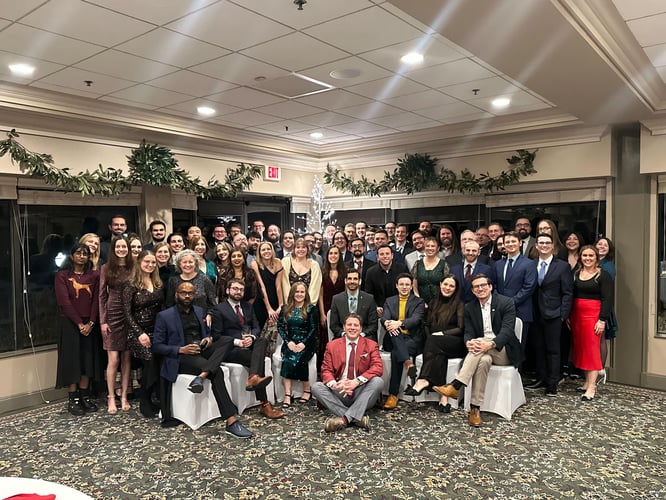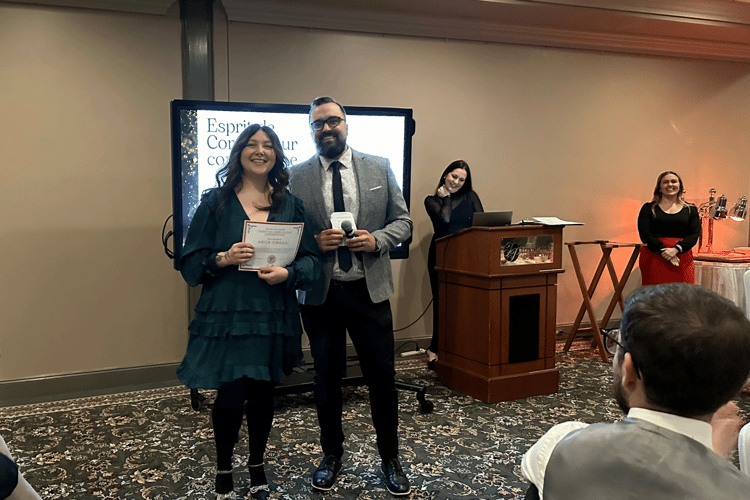"What is success for you? And how will you know when you have it?"
These are among the first questions I ask founders when I work with them, and it took me a while to stop being surprised by the deer-in-headlights looks I see in response.
That would have been me five years ago, but now I operate with a much clearer vision for myself and my life. In the process, I’ve managed to forget how often other people work hard without a sense of why they’re doing it. Not just what goal they’re working toward, but why it matters in the context of their lives.
The stakes are high. We spend most of our life chasing one goal after the next, many times thinking that each milestone is significant and will give us more than just a quick dopamine hit. But I learned the hard way that you can spend a decade running at top speed, egged on by a culture that deifies productivity, to a destination that ultimately doesn't make you happy.
What success means and how much is enough are challenging questions to answer. These questions force us to wrestle with the fact that we're literally spending our lives on the thing we're doing, and that both will at some point end (the thing and the life).
.png?width=1344&name=purpose%20path%20(1).png)
“What is success for you? And how will you know when you have it?”
Founders usually answer this question in terms of their businesses. Success is getting to the next financing event or hitting $10m in revenue. Success is, ultimately, an exit. It's easier to grapple with the ending of your business than your own mortality, and by the time most founders come to me, they’ve already been forced to identify and clearly articulate the goals for their businesses, if for no other reason than to raise capital from investors. And this is the thing founders first fall back on when asked to confront the big questions.
Articulating your goals this way is normal in the highest levels of business because it works. It’s vital to "begin with the end in mind," as Stephen Covey has said. Knowing exactly where you're going as an entrepreneur is foundational to making progress, whether as a solo-preneur or a leader of teams-of-teams.
But in my experience it's rare to apply such rigor to the real big picture: our lives.
It’s rare to think with such intention about how we want to spend our one wild and precious life. Not because it's not effective — knowing where you're headed has the same catalytic effect in any context — but because it's a hard question, and outside the context of your business it's a question that you’re rarely forced to answer. In our myopic growth culture, opportunities to contemplate endings are precious and rare. At least for healthy people.
“What is success for you? And how will you know when you have it?”
That's why I ask. Because these are the types of questions that few people will ask themselves. Because our conversation forces them to grapple with the temporality of their lives—the fact that they will end at some point. And because very few people want to go there alone.
It's uncomfortable to ask, because I know where these questions lead. But I ask anyway because I know what can happen to a life if the answers aren’t clear. It's what happens to most lives in the world today: they are spent chasing the thing that everyone else seems to want, only to attain it and realize it wasn't worth the wanting.
"I, too, am a log, and I am already burning. Every cell in my body is using oxygen to produce energy, just like this fire in front of me. And when my fuel runs out, I will die, just like this fire will die out. I am being consumed by the sacred fire of life. I have no choice about that. But I do have a choice about the altar on which I place myself. To what will I offer myself? I have put myself on the altar of such unimportant material and egocentric things. It is time to make a deliberate choice and start burning on the altar of meaning, love, and freedom."
— Fred Kofman
I know because I spent fifteen years as a tech CEO, running after the economic success and prestige I thought would make me happy.
I got the success and prestige, and wondered what was wrong with me that I wasn't happy. There was nothing wrong with me, I came to realize. I just didn't really want the things I thought I wanted.
With fifteen years of momentum driving me forward, it was incredibly painful to step off the path of money and fame, figure out what I really wanted out of my one, precious life, and reorient toward that.
The Summer Day, by Mary Oliver
Who made the world?
Who made the swan, and the black bear?
Who made the grasshopper?
This grasshopper, I mean-
the one who has flung herself out of the grass,
the one who is eating sugar out of my hand,
who is moving her jaws back and forth instead of up and down-
who is gazing around with her enormous and complicated eyes.
Now she lifts her pale forearms and thoroughly washes her face.
Now she snaps her wings open, and floats away.
I don't know exactly what a prayer is.
I do know how to pay attention, how to fall down
into the grass, how to kneel down in the grass,
how to be idle and blessed, how to stroll through the fields,
which is what I have been doing all day.
Tell me, what else should I have done?
Doesn't everything die at last, and too soon?
Tell me, what is it you plan to do
with your one wild and precious life?
So I keep asking the questions. To others, and to myself:
"What is success for you? And how will you know when you have it?"
And I keep pressing when I hear the well-practiced answer about a founder's company, because it's worth remembering that a company occurs in the context of a life, and not the other way around. Even though sometimes it seems otherwise.
A purpose exercise to find your answer
Identifying your purpose, the "why" behind what you're doing as Simon Sinek would say, is tough work. It's easy to reach for the comfortable, socially-appropriate answer, but to uncover the deeper, more lasting answer to this question, most of the time it's helpful to have a bit of structure to lean on; a ladder to help with the descent.
.jpg?width=2800&name=brad-neathery-XrSzacdYbtQ-unsplash%20(1).jpg)
My favorite of these ladders is the Eulogy Exercise, which I've adapted from Fred Kofman's The Meaning Revolution. If you're open to grappling with questions of life and death and purpose (and no shame if you're not, yet), I invite you to grab a pen and notebook:
Eulogy Exercise:
Imagine that you are at the end of a long and rich life. You’ve accomplished everything you wanted, behaving honorably and building meaningful connections with your family, friends, and colleagues. You are proud of yourself for leaving a great legacy, and for having led an organization that brought great value to the world. You’ve done your work here, and you feel ready to go.
So when you learn that your days are numbered, you take the news in stride. A lot of people who appreciate and admire you want to pay their respects, so they organize a ‘living funeral.’ (A living funeral is a celebration in which a living person with a life-limiting illness listens to the eulogies, praises, and farewells of family, friends, neighbors, and colleagues.) In the ceremony, a dear friend will stand in front of the audience and read a eulogy.
-
Instructions:
-
Write the eulogy that you would like your friend to give.
-
Guidelines:
-
Spend at least 20 minutes journaling your answer without stopping to edit, or even to think. Let your stream-of-consciousness be your guide (no bonus points for good grammar and spelling).
-
It can be helpful to do this exercise more than once, with a week, month or many years between sessions.
This exercise has a way of illuminating your personal North star, if you are honest. So be honest.
But please, don't be humble. Don't be socially acceptable, don't be customary, and don't settle. If a thing is possible for anyone in the history of humankind, it's possible for you.
And you don't get another chance. You have one life, and in sixty years or tomorrow that life will end.
What is success for you? And how will you know when you have it?
PS. If you decide to take on this question, I would love to hear about it. Specifically, what did you learn?
I’ve found it can be quite transformative, and I hope that is your experience as well.
About Ryan Vaughn:
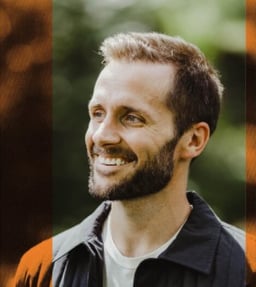
Ryan Vaughn is an executive coach with Inside-Out Leadership, a boutique leadership development agency supporting Seed-through-Series C founders to rapidly scale themselves as leaders, so they can thrive professionally and personally as their company changes the world. Leveraging 15-years as a founder/CEO/operator, a decade of meditation & mindfulness training, and formal training in both psychology and neurolinguistic programming, Ryan has helped leaders from companies across the world (funded by A16Z, Foundry Group, Lightspeed Ventures, Seven Seven Six, Felicis Ventures, Y-Combinator, TechStars, Village Global and more) design a more conscious life and make key changes to improve their performance and satisfaction.
If you are interested in accelerating your growth as a leader, reach out to Ryan here. And if you liked this article, you can find more of Ryan's work at Second Mountain Startup, the popular weekly newsletter for purpose-driven entrepreneurs.




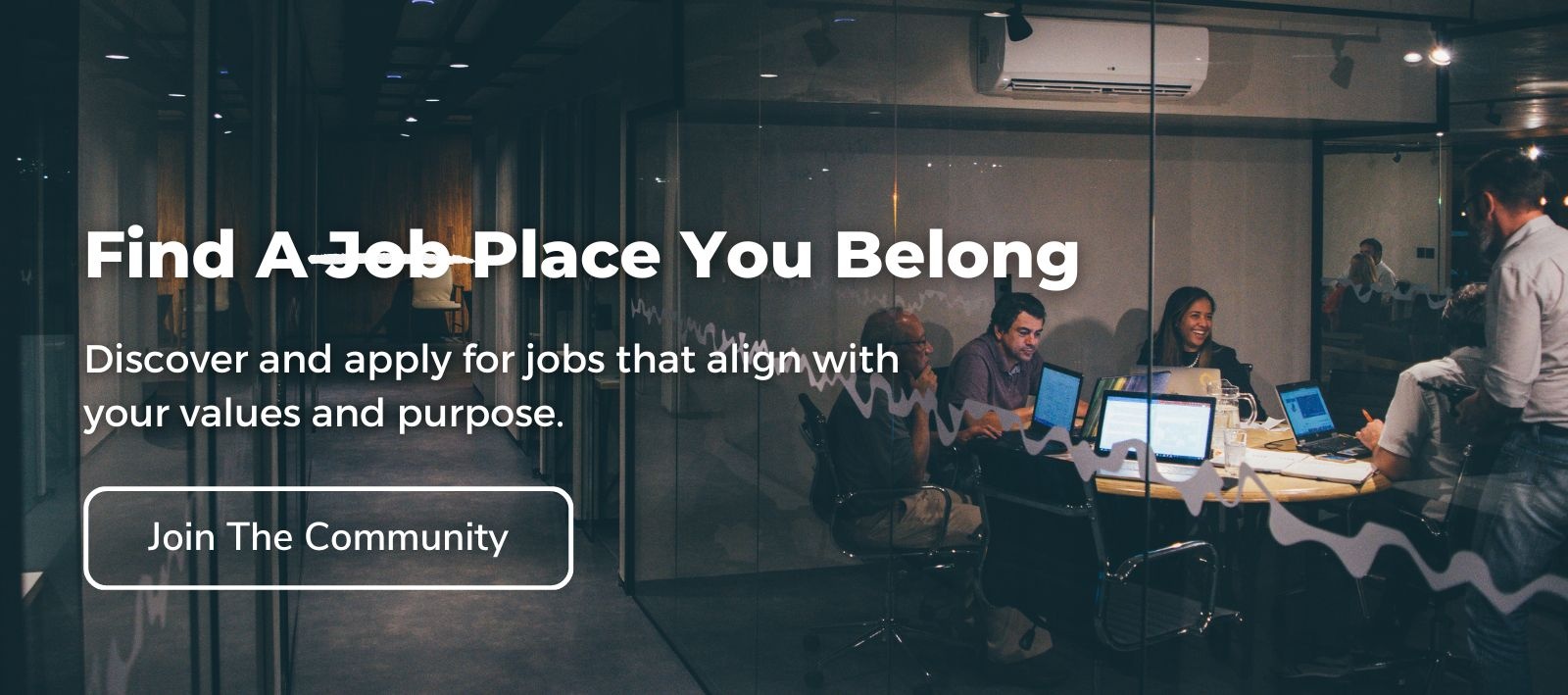
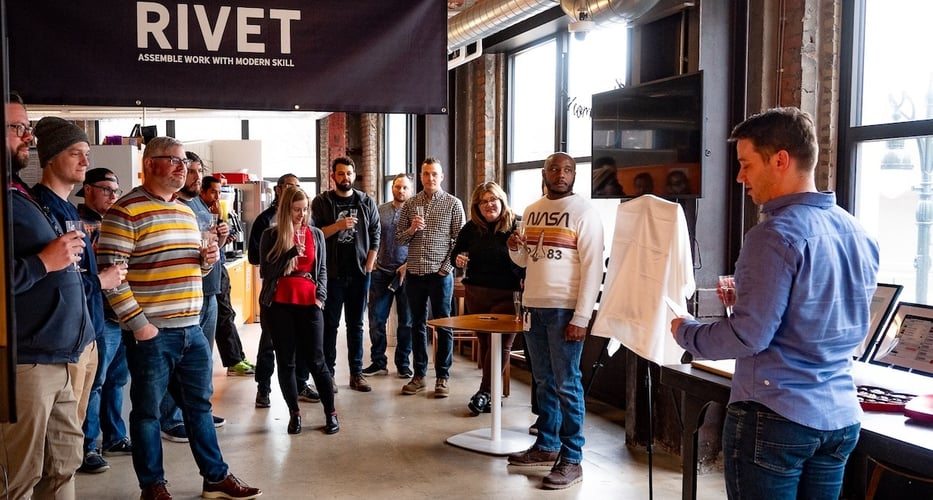
.png?width=50&name=Erin%20Gregory%20(1).png)
